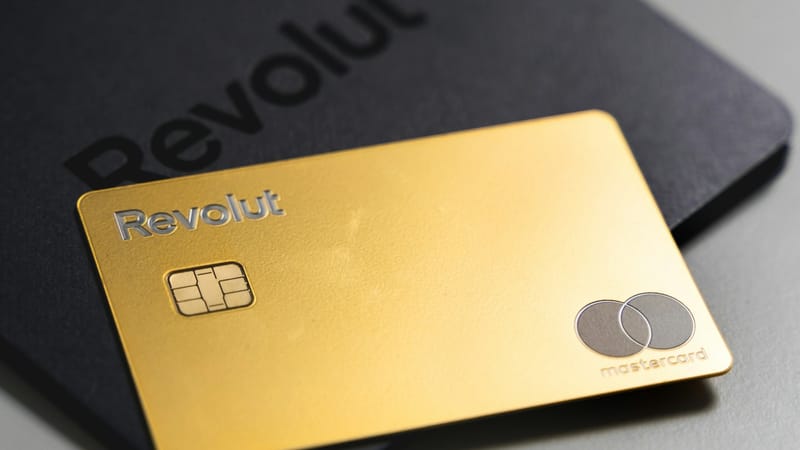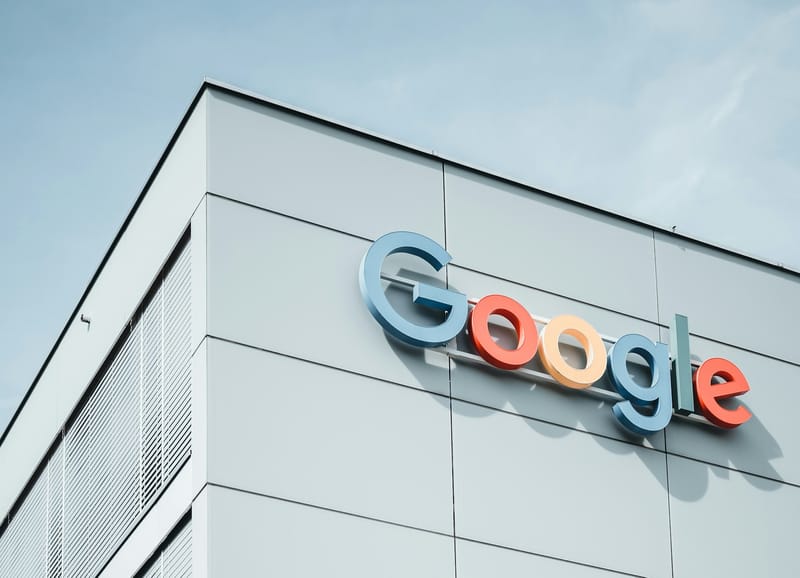Google Begins First-Ever Subsea Fiber Optic Cable Connecting Africa and Australia
Google's move reflects a larger trend of cloud companies like Meta, Microsoft, and Amazon investing in subsea infrastructure globally.
Shortly after the widespread internet outages in Eastern Africa due to faulty undersea cables, Google has announced it is building the first-ever subsea fiber optic cable connecting Africa and Australia.
Internet infrastructure has been a major obstacle in the uphill battle against the lack of internet access in some African regions. According to a World Bank report, sub-Saharan Africa had the lowest internet penetration rate globally in 2021, with only 43% of the population having access. This lack of connectivity hinders economic growth and development.

This project, called "Umoja" (which means "unity" in Swahili), is a welcome addition to the limited cable infrastructure in Africa which has had its fair share of connection woes in the past. The goal is to create a more reliable bridge for African countries to connect with each other and the rest of the world.

The cable, built in collaboration with Liquid Technologies (the cable's terrestrial portion) will start in Kenya and wind its way through Uganda, Rwanda, Congo, Zambia, and Zimbabwe before landing in South Africa. The strategic placement is no coincidence as South Africa is home to Google's first African data center launched earlier this year.

Google's move reflects a larger trend of cloud companies like Meta, Microsoft, and Amazon investing in subsea infrastructure globally. These underwater cables are the backbone of the internet, leading to faster data transfer speeds, lower latency, and a better overall user experience.
Umoja isn't Google's first African subsea cable project. Google was also involved in the Equiano cable, linking Portugal with Nigeria and South Africa in 2022, which is part of the Africa Connect initiative.

Separately, Google announced plans earlier this year for a cable connecting South America with Asia-Pacific, running from Chile to Australia via French Polynesia.
While Google hasn't pinpointed a concrete completion date for Umoja, experts estimate a typical subsea cable project takes around three years, suggesting Umoja could be operational by 2026. When completed, it will bring a much-needed reliable and resilient digital infrastructure, which is critical to growing economic opportunity in Africa.









